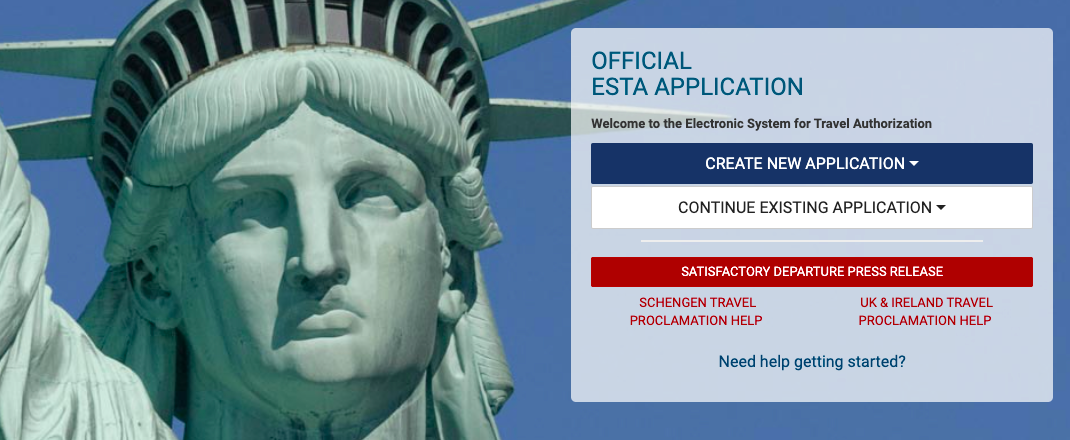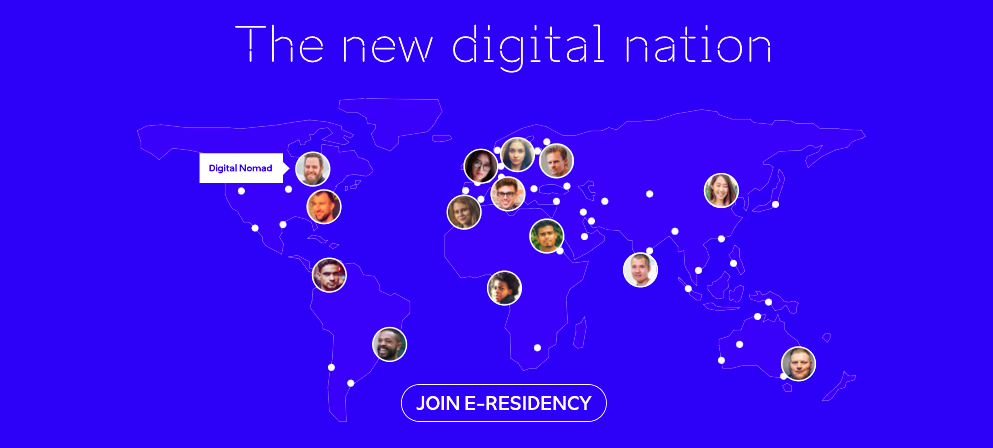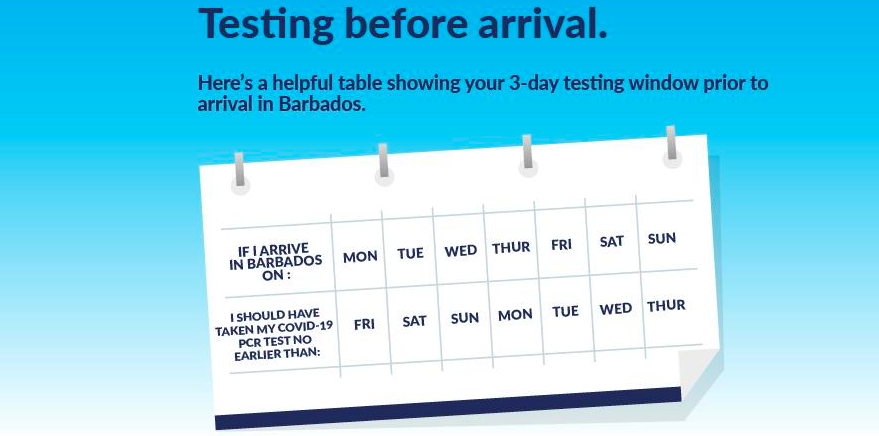Trends
With Tourism Down, These Countries Are Courting Digital Nomads
By Giulia Pines April 7th, 2021A freelance friend of mine used to summer in Berlin and winter on the island of Mauritius. He’d send photos of his laptop screen with clear, sparkling ocean water in the background, making us all indescribably jealous as we huddled indoors during the cold, dark months.
He was a digital nomad before digital nomads had a name, but the rise of the gig economy and an interconnected, wired world has made the dream of working from afar ever more possible. Whether it’s a beach dotted with palm trees, a cabin in the woods, or an old-world coffeehouse in a glamorous city, today’s remote employees can theoretically work from anywhere.
Although international travel remains challenging in the wake of COVID-19, the long-term landscape for the digital nomad lifestyle is looking up. Not only are companies more likely to let employees work remotely now, but the pandemic has also led to policy and legal updates from countries that lost tourism revenue in the past year. Now, some nations are actively courting freelancers in order to boost their ailing economies.
The evolving legalities of digital nomadism
Until recently, the legalities of traveling as a digital nomad have been pretty vague—remote workers aren’t necessarily business travelers, but they’re not quite tourists either. Many digital nomads opt to stay under the radar of their host countries by checking the “tourism” box when entering a new locale. To stay longer than the 30-90 days that tourist visas typically allow, they had to exit and reenter to get new passport stamps, or border-hop as necessary.
However, an increasing number of countries are beginning to see digital nomads as an asset instead of a legal ambiguity. Some are even offering official paths to attract what they hope will be a post-pandemic wave of remote workers.
“Dedicated nomad and remote work visas are a brand new phenomenon launched by governments hoping to replace tourists with entrepreneurs and knowledge workers,” said Lauren Razavi, a writer and remote work influencer, whose book, Global Natives: The New Frontiers of Work, Travel, and Innovation, is due out in September.
There are actually several legal entities concerning digital nomads, and they often get confused with each other. E-visas encompass a broad category, including entry forms that tourists might fill out online before traveling to a country—the Electronic System for Travel Authorization (ESTA) used by EU citizens traveling to the U.S., for example. Travelers can figure out if a country requires an e-visa for entry by searching on Google or sifting through digital nomad forums.

E-residency, by contrast, is a registry granting access to specific government services. It is more frequently used by business owners or entrepreneurs looking for a digital home, probably because, despite its name, it has no bearing on a person’s right to enter or reside in a country.
Then there are true remote work or digital nomad visas, which sometimes require applicants to prove high earnings if they want to work somewhere for an extended period of time. As long you bring your income, the reasoning goes, you will spend generously within a country’s borders without taking jobs away from its citizens. You might also invest in a new business that strengthens the local economy. It’s all part of a “global battle for talent,” as Razavi wrote in an article for Digiday.
These new policies are promising steps toward legitimizing the lifestyle. “Growing up as the daughter of an Iranian refugee, I understand the difference a passport makes in terms of a person’s opportunities,” Razavi explained. “That’s why I’m passionate about people having the right to move freely in the world.”
Countries rolling out the welcome mat to remote workers
Even before the pandemic, some governments had announced measures to make it easier for digital nomads to travel within their borders. Now, even more are jumping on the bandwagon with official e-residency programs or rumored digital nomad visas on the horizon.
Estonia: The first country to see the benefits of courting freelancers and entrepreneurs, Estonia offers both an e-residency and a digital nomad visa. As mentioned earlier, an e-residency is a way for you to register a company in Estonia (and hence within the EU), while the digital nomad visa allows you to live in Estonia for up to 12 months, whether you’re a freelancer or a full-time remote employee. The only other stipulation is that travelers meet the minimum income requirement of €3,504 (about $4,100) per month before taxes.

Greece: In February, Greece announced plans to unveil a digital nomad visa for travelers who can work remotely. There’s no word yet on whether the visa will have income requirements, but the Greek government has already touted generous benefits—up to 50 percent of your income tax-free—for people who transfer their tax residence to Greece. The government has also hinted that the visa could be valid for up to seven years.
Portugal: While Estonia may have been the first to create a specific digital nomad visa, Portugal has long offered a number of visa options that align with remote workers, entrepreneurs, or those with passive income like retirees. The country’s temporary stay visa is valid for up to one year and eligible for renewal. Its residency visa is valid for up to four months, with the understanding that it is a bridge to full residency and recipients will agree to begin the application process during the visa period.
Barbados: The Barbados Welcome Stamp visa can seem pricy ($2,000 for an individual or $3,000 for a family), but it comes with some perks: You can sign up for it relatively quickly online, and it has no requirements beyond filling out the application and providing a passport photo. The visa website claims you can get it within five days, while some other countries involve more paperwork and longer approval periods. The visa allows visitors to stay in Barbados for a total of 12 months.
Many more countries are hopping on this trend, including Croatia, Georgia, Dubai, Malta, and my old friend’s winter home of Mauritius. In the coming years, digital nomads may be able to pick and choose a residence based on perks like warm weather or tax breaks. So if you’re planning to spend time abroad, it’ll be worth your while to keep up with the evolving visa options and perks being offered to remote workers.
Other considerations for digital nomads
Regardless of where you decide to work, it’s important to keep the tax implications of your specific situation in mind. Many countries have dedicated webpages to help digital nomads navigate taxes. But Americans must take special care here: Although more than 70 countries have tax treaties with the U.S. that prevent double taxation, Americans are still required to file a U.S. tax return no matter where in the world they reside.
The ongoing pandemic also means that many international entry requirements are still up in the air. The CDC continues to discourage international travel among unvaccinated passengers. And although the idea of the “vaccine passport” is gaining ground, even countries courting digital nomads are likely to have specific protocols like testing requirements in place for the foreseeable future.

Travel as we once knew it will still take time to bounce back. But the pandemic may push many countries to update outdated entry policies of the past—just as employers now understand that “work” doesn’t require being in the same room with your colleagues.
“The death of tourism has been a catalyst for regulatory shifts around the handling of digital nomads and remote workers,” Razavi said. “Now, [countries are] welcoming them with open arms.”
Image by TarikVision